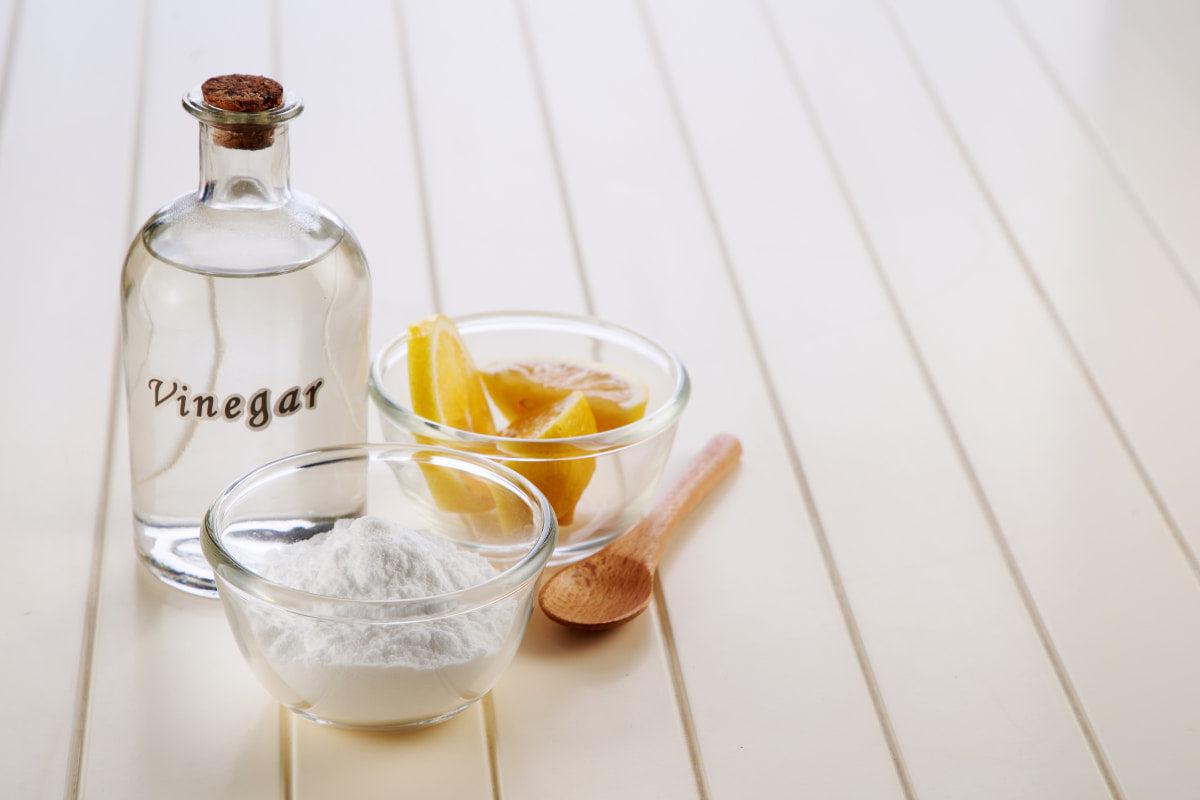
Stop using vinegar: danger for washing machines and washable diapers
Summary
- Why white vinegar is bad for washing machines (and your cloth diapers)?
- Long-term technical risks
- What the brands and warranties say
- What alternatives are there for maintaining your machine (and preserving your washable diapers)?
- Best practices for a long-lasting machine (and high-performance washable diapers)
- Conclusion
Why white vinegar is bad for washing machines (and your cloth diapers)?
Long recommended as a miracle product, white vinegar is now widely questioned for washing machine maintenance. Although it has an anti-limescale effect, it is not without consequences for the internal components of modern machines... and can even compromise the durability of your washable diapers .
Long-term technical risks
- Corrosion of rubber seals: The acidity of the vinegar gradually attacks the seals, causing leaks or deformation. This can affect the frequent washing required for your eco-friendly cloth diapers .
- Degradation of plastic and metal parts: pipes, bearings and tanks can wear out prematurely, which jeopardizes the optimal cleanliness of your absorbent washable diapers .
- Risk of deterioration of electronic probes: certain probes sensitive to acidity can become deregulated or corrode, compromising the washing cycles adapted to your organic washable diapers .
What the brands and warranties say
Major brands such as Miele, Bosch, Whirlpool and Samsung formally advise against the use of white vinegar in their maintenance instructions:
- It is considered an incompatible product with internal components.
- Its use may void the manufacturer's warranty .
- It is not more effective than dedicated products, but much more aggressive - a crucial point when you want to wash washable baby diapers .
What alternatives are there for maintaining your machine (and preserving your washable diapers)?
Here are some safe, manufacturer-recommended solutions that are perfect for cleaning newborn or overnight cloth diapers:
- Specific washing machine cleaners: available in supermarkets or organic stores, they clean thoroughly without damaging the materials or absorbents of washable diapers .
- Sodium percarbonate: ideal for monthly cleaning at high temperature (60-90°C), highly recommended in evolving washable diaper routines.
- Citric acid (diluted): a gentler alternative to vinegar for dissolving limescale, compatible with the maintenance of your ecological washable diapers .
- Anti-limescale balls: placed in the drum, they reduce the formation of limescale without impacting the technical fabrics of TE1 or TE2 washable diapers .
Best practices for a long-lasting machine (and high-performance washable diapers)
- Run an empty cycle at 90°C every month with a dose of powder or percarbonate detergent, a key step to guarantee the effectiveness of nighttime washable diapers .
- Wipe the door seal after each wash to prevent mold and keep your breastfed baby diapers clean.
- Leave the door and detergent drawer open between uses to prevent stagnant moisture and the buildup of odors.
- Clean the filter every 2 to 3 months to prevent clogs — a simple step that contributes to efficient washing of your easy-to-use cloth diapers .
Conclusion
White vinegar may seem economical and natural, but it's unsuitable for maintaining a modern washing machine. It's better to use specific products or gentle solutions like percarbonate or diluted citric acid. By maintaining your machine properly, you'll extend its lifespan while preserving your textiles... and your washable diapers !
© 2024 Ma Boule De Couches - All rights reserved.

